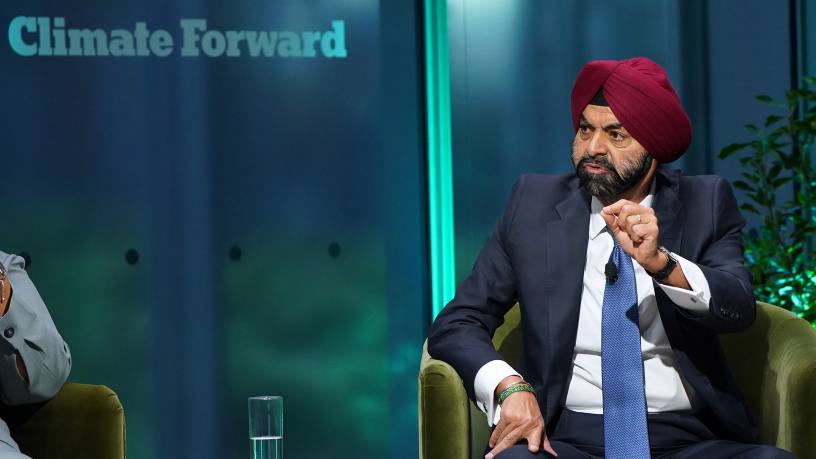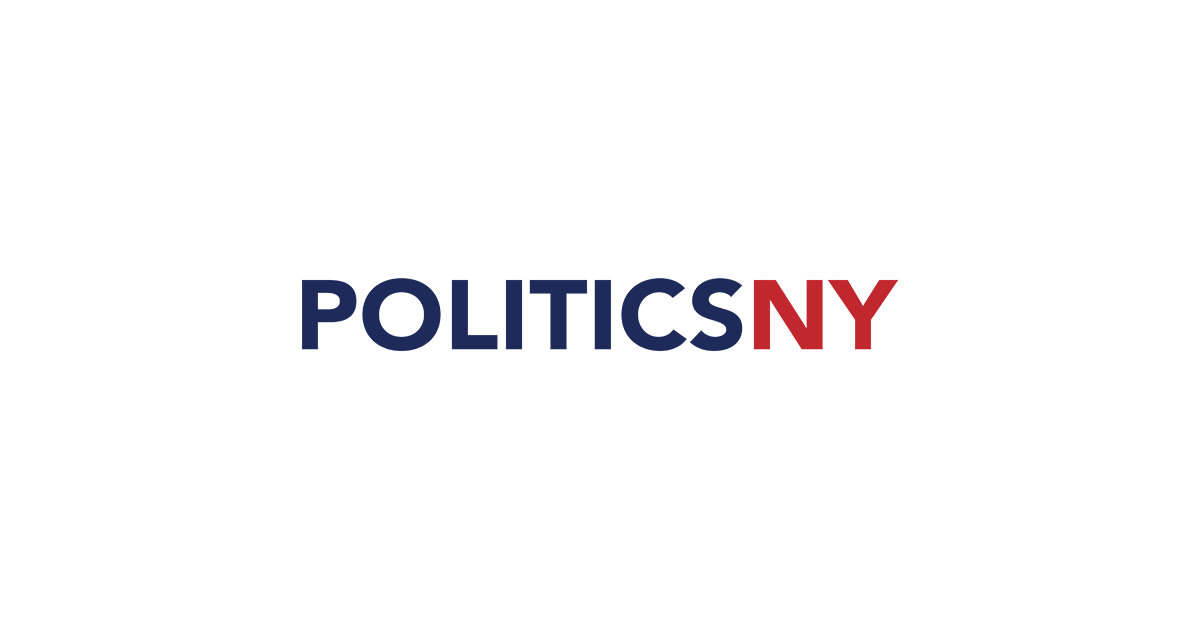
JPMorgan, Citi and Wells Fargo all surpassed financial analysts’ expectations as they reported quarterly earnings on Friday.
Buoyed by favourable market conditions and a resilient US economy in the initial three months of the year, the three banks posted robust revenues despite facing charges stemming from increased Federal Deposit Insurance Corporation special assessment costs linked to regional bank failures from the previous year.
JPMorgan reported revenues of $41.9bn for the quarter ending March 31, representing a 9 per cent increase from the same period last year and outpacing the $41.67bn projected by analysts. This resulted in a net income of $13.4bn, a 6 per cent rise from the previous year.
However, investors were disappointed by the bank’s projection for net interest income, leading to a 6.5 per cent decline in its share value, marking their biggest single-day decrease since June 2020. This decline reflects investor concerns that JPMorgan’s substantial profits made from elevated interest rates over the last couple of years might have reached a plateau.
All three banks have benefited from higher interest rates, charging borrowers more for loans, without passing on the full increase to their depositors. But they are now finally having to pass on higher savings rates to depositors, as their customers switch to higher-interest-yielding financial products.
Rival Citi also reported quarterly profits that surpassed expectations, signalling that their restructuring efforts might be yielding positive results. The bank announced plans to eliminate 7,000 jobs this year.
Citi disclosed a net income of $3.4bn for the quarter, representing a 25 per cent decrease from the previous year but still surpassing the $2.3bn analysts had forecast. Operational revenues also experienced a 3 per cent increase in the quarter, reaching $21bn, again outperforming analyst expectations.
Meanwhile, Wells Fargo reported a dip in its net income to $4.62bn from $4.99bn. Its revenue of $20.86bn represented a year-on-year increase of less than 1 per cent, but still exceeded analyst expectations of $20.2bn. Additionally, Wells Fargo incurred a $284mn charge related to the FDIC special assessment.
Bank of America, Goldman Sachs, and Morgan Stanley are set to report their results early this week.
—
World Bank president Ajay Banga has shared plans to improve the development lender’s loan approval process, enhance employee accountability and attract private capital for projects.
Banga told reporters ahead of the World Bank and IMF spring meetings that it had reduced its average 19-month project approval time by three months and aims to cut it by another three months in the coming year.
Since assuming leadership in June, Banga has expanded the World Bank’s mission to address climate change and other global crises, which requires increased resources and lending capacity.
Read more
Despite adjustments to its loan-to-equity ratio unlocking an additional $40bn in lending capacity over the next 10 years, the institution falls short of meeting the trillions of dollars in financing needed annually to fund the global energy transition and mitigate the effects of climate change. As of the end of June 2023, the World Bank’s total annual lending capacity stood at $128.3bn.
Banga unveiled several new initiatives, including collaboration with other multilateral banks and credit agencies to leverage callable capital, the emergency capital pledged by governments but not paid in.
Additionally, he announced the launch of a new platform for loan and insurance guarantees, with the goal of tripling guarantee issuances to $20bn by 2030, and a securitisation initiative to attract private capital.
“We are at the beginning of a years-long effort to build a securitisation platform for the emerging markets, making it easier for institutional investors — pension funds, insurance companies and sovereign wealth funds — to bring some portion of the $70tn they manage to these developing countries,” Banga told reporters.
He said the bank is also implementing reforms to find savings and improve productivity, aiming for a 5 per cent saving in its annual expenses. Furthermore, a new “corporate scorecard” has been introduced to measure the World Bank’s performance based on development and climate outcomes, reducing the number of categories from 153 to 22.
—
Zopa, the UK digital bank backed by SoftBank, has reported a significant turnaround, after posting pre-tax profits of £15.8mn for 2023, contrasting with a loss of £26mn the previous year. The bank’s deposit base grew by 15 per cent to £3.4bn during the period, with a total loan balance of £2.7bn.
As reported by the Financial Times, Zopa’s CEO Jaidev Janardana said the bank was ready to consider an initial public offering and would preferably do so in London, but cautioned that UK markets were not ready for an anticipated wave in forthcoming fintech listings.
Janardana citied subdued investor sentiment towards the UK banking sector, partly linked to concerns that banks had profited excessively from the high-interest-rate environment, which may not last as central banks begin to cut their benchmark rates.
Established in 2005 as a peer-to-peer lender, Zopa transitioned into banking in 2016 to secure more stable funding for its loans through savings accounts. Unlike its competitors Monzo and Revolut, which focus on digital current accounts, Zopa has concentrated on savings accounts, credit cards, motor finance and personal loans. Zopa says it plans to introduce a current account for its existing 1mn customers by the end of the year.
—
A coalition of prominent figures from various fields, including politics, economics, and the arts, have signed a letter to leaders of the major economies calling for reforms to the global financial system on the occasion of the IMF and World Bank’s 80th anniversary.
The letter urges G20 countries to triple their investment in multilateral development banks, alleviate debilitating debt burdens and hold polluters accountable for environmental harm.
Signatories include ex-UN climate leader Christiana Figueres, former heads of state Helen Clark, Helle Thorning-Schmidt and Joyce Banda, former politicians Graça Machel, David Miliband and Rory Stewart, economist Mariana Mazzucato, businessman Mo Ibrahim, actor Forest Whitaker as well as filmmaker Richard Curtis. The letter was also endorsed by Save the Children, ONE Campaign and Oxfam.
“The institutions of world finance have lost their muscle,” the letter states. “The world is rocked by conflict, food insecurity, biodiversity loss, and spiralling inflation. All of which are compounded by the devastation wrought by climate change. The Sustainable Development Goals are under threat. Too many feel scarcity, austerity, despair.”
The UN estimates that $5.4tn annually is needed to achieve the Sustainable Development Goals by 2030, with a $3tn current shortfall. Additionally, nearly 60 per cent of low-income countries are in debt distress, spending six times more servicing their debt annually than the World Bank lends in a year.
Source: thebanker.com






